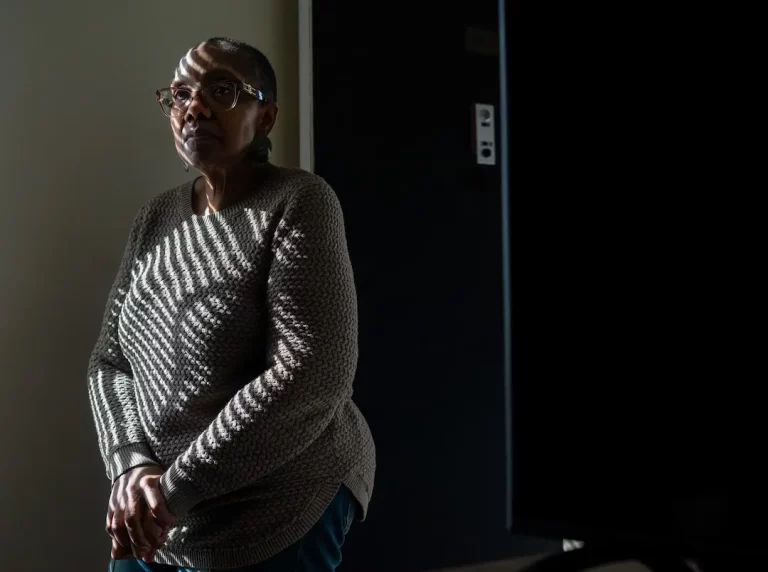How Social Security Benefits may change under Republican and Democrat Proposals
Social Security is a foundation of financial security for millions of Americans, providing crucial income during retirement years. However, as political landscapes shift, so too do proposals regarding Social Security benefits. With both Republican and Democrat perspectives in play, it’s essential to understand how potential changes could impact your financial future.

Here’s a breakdown of proposed changes and their potential implications:
Democrat proposals
Democrats advocate for a different approach, focusing on enriching benefits through taxing high-income individuals. Here’s an overview of their proposals:
Expanding benefits
Democrats have put forward plans to expand Social Security benefits, aiming to provide a more robust safety net for retirees. This includes proposals to increase benefits for low-income workers, caregivers, and those who have been receiving benefits for many years. According to data from the Social Security Administration, over 64 million Americans received Social Security benefits in 2023, with an average monthly benefit of $1,543 for retired workers.
Cost of Living Adjustments (COLAs)
There’s a push to implement a more accurate measure of inflation, such as the Consumer Price Index for the Elderly (CPI-E), to calculate COLAs. This adjustment could result in higher benefit increases to better reflect the rising costs seniors face. In 2022, Social Security recipients received a 5.9% cost-of-living adjustment, the largest increase in 40 years, reflecting the impact of inflation on retirees’ purchasing power.
Taxation changes
Democrats have suggested increasing or removing the cap on taxable income for Social Security, which is currently set at $147,000. This would mean higher earners contribute more to the system, potentially increasing funding for benefits. According to the Congressional Budget Office, removing the cap on taxable income for Social Security could generate substantial revenue, helping to sustain the program’s long-term financial stability.
Protecting vulnerable groups
Efforts are being made to protect vulnerable groups, including widows, widowers, and disabled individuals, by enhancing their benefits and ensuring they receive adequate support.
- Hirono-Deutch Bill: This legislation aims to relieve families of deceased beneficiaries from returning the last benefit check.
- Sanders-Warren Bill: Under this bill, beneficiaries would receive an additional $2,400 annually (or $200 per month).
Data from the Social Security Administration shows that approximately 4.3 million widows and widowers received survivor benefits in 2023, highlighting the importance of safeguarding benefits for these vulnerable populations.
Republican proposals
Conversely, House Republicans have recently unveiled a plan aimed at bolstering Social Security’s financial sustainability. Central to their proposal is the notion of raising the retirement age, which they argue would ensure the program’s long-term solvency. Here’s a breakdown of their key points:
Gradual benefit reductions
Republicans have proposed gradual reductions in benefits to address the program’s long-term financial sustainability. These reductions may involve increasing the retirement age, adjusting benefit formulas, or implementing means-testing for higher-income retirees. According to the Social Security Trustees Report, the program’s trust funds are projected to be depleted by 2034, necessitating reforms to ensure its solvency for future generations.
Privatization options
Some Republicans advocate for partial privatization of Social Security, allowing individuals to invest a portion of their contributions in private accounts. Proponents argue that this would offer greater control and potentially higher returns for retirees. A study by the Cato Institute found that allowing workers to invest a portion of their Social Security taxes in personal retirement accounts could lead to higher retirement savings and greater financial independence.
Means-testing
Means-testing could be introduced to limit benefits for higher-income retirees, ensuring that those who truly need assistance receive it while reducing costs for the system overall. These could help target resources to those most in need, potentially improving the program’s long-term sustainability.
Focus on solvency
Republican proposals often prioritize ensuring the long-term solvency of the Social Security system, aiming to address funding gaps and prevent future benefit cuts or tax increases. The Government Accountability Office estimates that closing Social Security’s long-term financing shortfall would require immediate and permanent benefit reductions of about 19% or payroll tax increases of about 25%.
Potential implications
Retirement planning
Changes to Social Security benefits could significantly impact retirement planning strategies. Individuals may need to reassess their savings goals, investment strategies, and expected retirement age to compensate for potential benefit adjustments.
Financial security
For many retirees, Social Security benefits represent a significant portion of their income. Changes to the program could affect the financial security of millions of Americans, particularly those who rely heavily on these benefits.
Political considerations
The debate over Social Security reflects broader ideological differences between parties regarding the role of government in providing social welfare programs. Understanding these perspectives can help voters make informed decisions at the polls.
Advocacy and engagement
Regardless of political affiliation, staying informed and actively engaging in the discussion surrounding Social Security reform is crucial. Advocacy groups, financial planners, and policymakers all play a role in shaping the future of this vital program.
Recognizing the necessity of bipartisan cooperation, both parties acknowledge that any enduring policy changes must amalgamate elements from both Republican and Democratic proposals. As the discourse unfolds, beneficiaries must stay abreast of developments and advocate for a sustainable Social Security system.
Ultimately, the fate of Social Security rests in the hands of policymakers, but its ramifications reverberate across society. Let’s actively engage in constructive dialogue and strive towards a future that ensures the security and well-being of retirees and their families.






